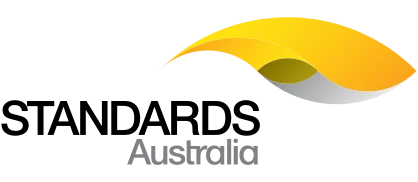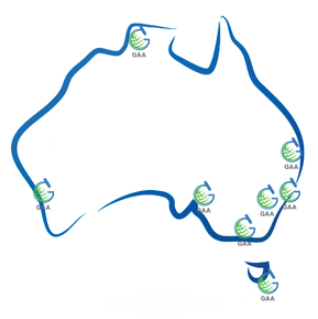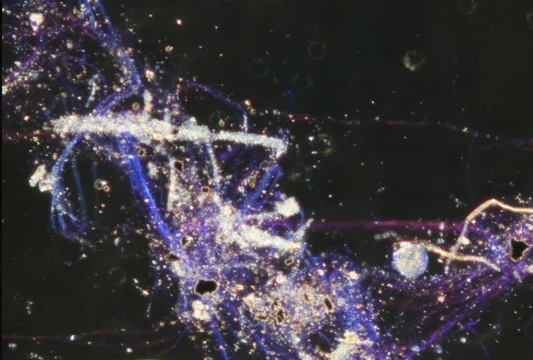Asbestos testing throughout Australia follows a strict guideline known as the Australian Standard AS 4964. This standard outlines the method for the qualitative identification of asbestos in bulk samples. Understanding and adhering to this standard is crucial for ensuring that asbestos testing is performed accurately and safely.
Standards Australia: The Body Behind AS 4964

Standards Australia, an independent organisation limited by guarantee, is responsible for publishing and developing voluntary technical and commercial standards in Australia. These standards, including those for asbestos testing, are created through an open process of consultation and consensus. All relevant bodies are invited to participate in this process. Recognised by the Commonwealth government under a Memorandum of Understanding, Standards Australia is the nation’s peak national standards body.
The Specifics of AS 4964 for Asbestos Testing
For compliance with the Australian Standard AS 4964, asbestos testing must be carried out by a NATA-accredited laboratory. The Standards Australia Committee CH-031 prepared the standard, which focuses on methods for examining workplace atmospheres. The standard emphasises polarised light microscopy (PLM) as the primary technique for asbestos identification. PLM is chosen for its simplicity, cost-effectiveness, relevance, and detection capabilities.
Additional Techniques and Quality Assurance

While polarised light microscopy is vital, the Australian Standard AS 4964 also notes that the determination of principal refractive indices by dispersion staining (DS) alone is insufficient. This technique must be used in conjunction with other optical properties assessed through PLM. For samples that are challenging or impossible to analyse with PLM alone, the standard recommends additional confirming techniques such as infrared spectroscopy, X-ray diffraction, scanning electron microscopy, or transmission electron microscopy.
Quality assurance, both internal and external, is also a significant aspect of the standard. These practices ensure the ongoing competency of analysts, particularly in maintaining the integrity of asbestos testing across Australia.
Training and Expertise in Asbestos Testing
The Standards Australia Committee advises that analysts inexperienced in asbestos testing should only undertake such work with prior training. They should also make personal contact with experienced occupational hygienists or analysts to gain the necessary skills, which is crucial for maintaining the high standards expected in asbestos testing.
How Global Asbestos Audits Can Assist

Global Asbestos Audits is dedicated to helping businesses around Australia understand and navigate the complexities of the Australian standards for asbestos testing. Our experts can guide you through the asbestos testing requirements, ensuring your workplace complies with AS 4964. Whether you need a consultation or comprehensive asbestos testing services, we are here to assist you.
Contact Global Asbestos Audits for a Consultation for more information on asbestos testing and how to ensure your testing meets Australian standards. Global Asbestos Audits is committed to providing professional guidance and testing services to help you maintain a safe and compliant environment.
Consultants in Brisbane, Sydney, Canberra, Melbourne, Adelaide, Perth and Darwin.

